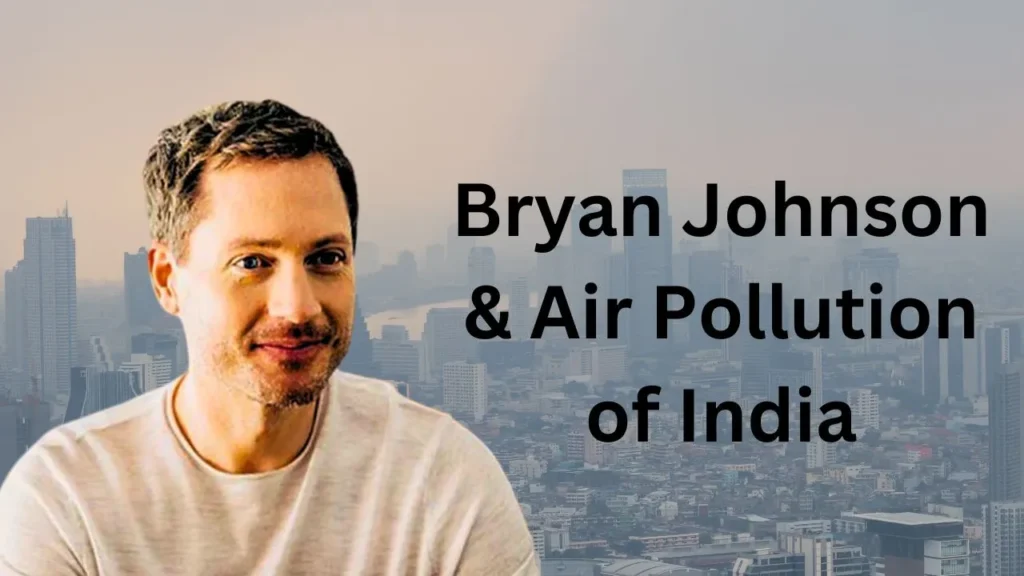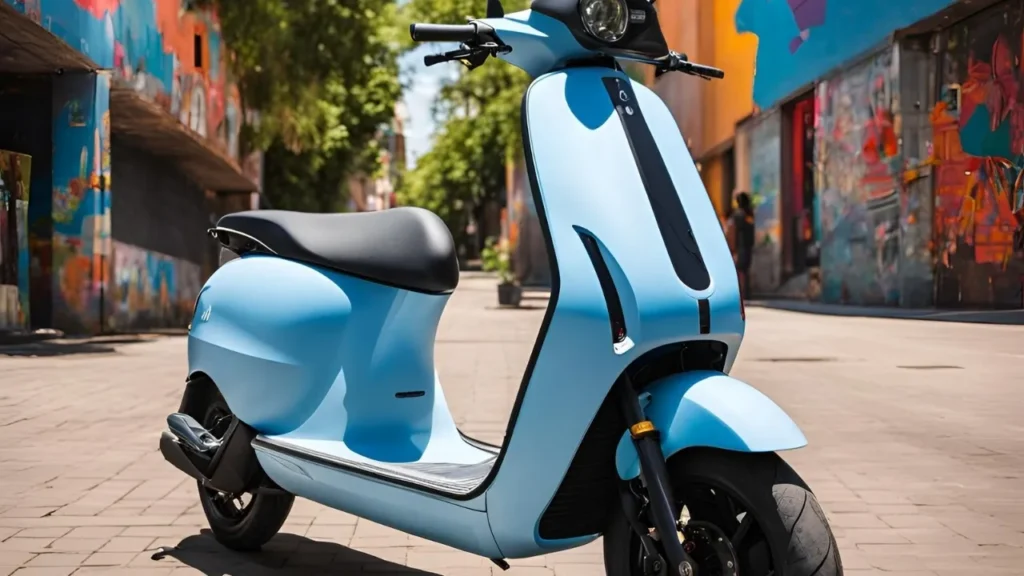“Bryan Johnson’s Early Exit from Nikhil Kamath’s Podcast Sparks a Global Conversation on Air Pollution and Health”In a recent episode of Zerodha co-founder Nikhil Kamath’s popular podcast, “WTF is,” US millionaire and anti-ageing advocate Bryan Johnson made headlines for an unexpected reason—he left the interview midway.
The episode, which focused on the future of health and wellness, took an unexpected turn when Johnson cited India’s air quality as the reason for his abrupt departure. This incident has since sparked a broader conversation about air pollution, public health, and the normalization of environmental crises across the globe.

The Podcast That Ended Prematurely
Nikhil Kamath’s podcast is known for hosting thought leaders from diverse fields, and this episode was no exception. Alongside Bryan Johnson, the guest list included Prashanth Prakash, Founding Partner of Accel Partners, Jitendra Chouksey, founder of FITTR, and Nikhil’s brother, Nithin Kamath, co-founder and CEO of Zerodha, along with his wife, Seema Kamath.
The discussion revolved around longevity, health, and wellness, topics that align closely with Johnson’s own anti-ageing research and lifestyle.
However, the conversation took an unexpected turn when Johnson, visibly uncomfortable, decided to cut the interview short. The reason? The poor air quality in the room, which he claimed was circulating outside air, rendering his personal air purifier ineffective.
Despite being in a five-star hotel and wearing an N95 mask, Johnson found the indoor air quality unbearable, with the Air Quality Index (AQI) reaching 130 and PM2.5 levels hitting 75 micrograms per cubic meter—equivalent to smoking 3.4 cigarettes in 24 hours.
Johnson’s Struggle with India’s Air Pollution
Bryan Johnson’s experience with India’s air pollution was not limited to the podcast. He revealed that within just three days of his visit, he developed a rash, experienced throat irritation, and suffered from burning eyes.
“The problem was that the room we were in circulated outside air, which made the air purifier I’d brought with me ineffective,” he explained. He further expressed his confusion at how normalized air pollution has become in India, noting that people were running outdoors, children were exposed to polluted air from birth, and almost no one wore masks despite the proven benefits of reducing exposure.
Johnson didn’t mince words when he criticized the lack of urgency in addressing air pollution in India.
“The evidence shows that India would improve the health of its population more by cleaning up air quality than by curing all cancers,” he stated. He questioned why air pollution had not been declared a national emergency, given its severe health implications.
A Broader Perspective: India vs. America
While Johnson’s critique of India’s air pollution was scathing, he also turned the lens on his home country, the United States. Upon returning, he noted that while the air quality was better, he was struck by the prevalence of obesity, which he described as America’s silent crisis.
“42.4% of Americans are obese, and because I was around it all the time, I had been mostly oblivious to it,” he said. Johnson drew a parallel between the two nations, highlighting how both India and the US are grappling with public health crises that have become normalized over time.
The Ripple Effect of Johnson’s Comments
Johnson’s candid remarks have ignited a global conversation about the importance of addressing environmental and health issues. His experience in India has shed light on the urgent need for stricter air quality regulations and public awareness campaigns.
Meanwhile, his observations about obesity in the US have reignited discussions about lifestyle diseases and the need for systemic changes in diet and exercise habits.
In a follow-up post on social media, Johnson shared practical tips for tackling air pollution in India, including using portable air quality monitors, keeping car windows shut, wearing high-quality masks, and carrying portable air purifiers.
His associate even demonstrated these measures in a video filmed in Mumbai, showcasing the lengths they went to mitigate the effects of pollution.
A Call to Action
Bryan Johnson’s early exit from Nikhil Kamath’s podcast may have been unexpected, but it has served as a wake-up call for many. His experience underscores the importance of addressing air pollution as a public health priority, not just in India but globally.
At the same time, his comparison to obesity in the US highlights how easily societies can become desensitized to pervasive health crises.
As the world grapples with these challenges, Johnson’s story is a reminder that change begins with awareness. Whether it’s cleaning up the air we breathe or adopting healthier lifestyles, the time to act is now.
After all, as Johnson aptly put it, solving air pollution in India would save more lives than curing cancer—a statement that resonates far beyond the borders of any one nation.





